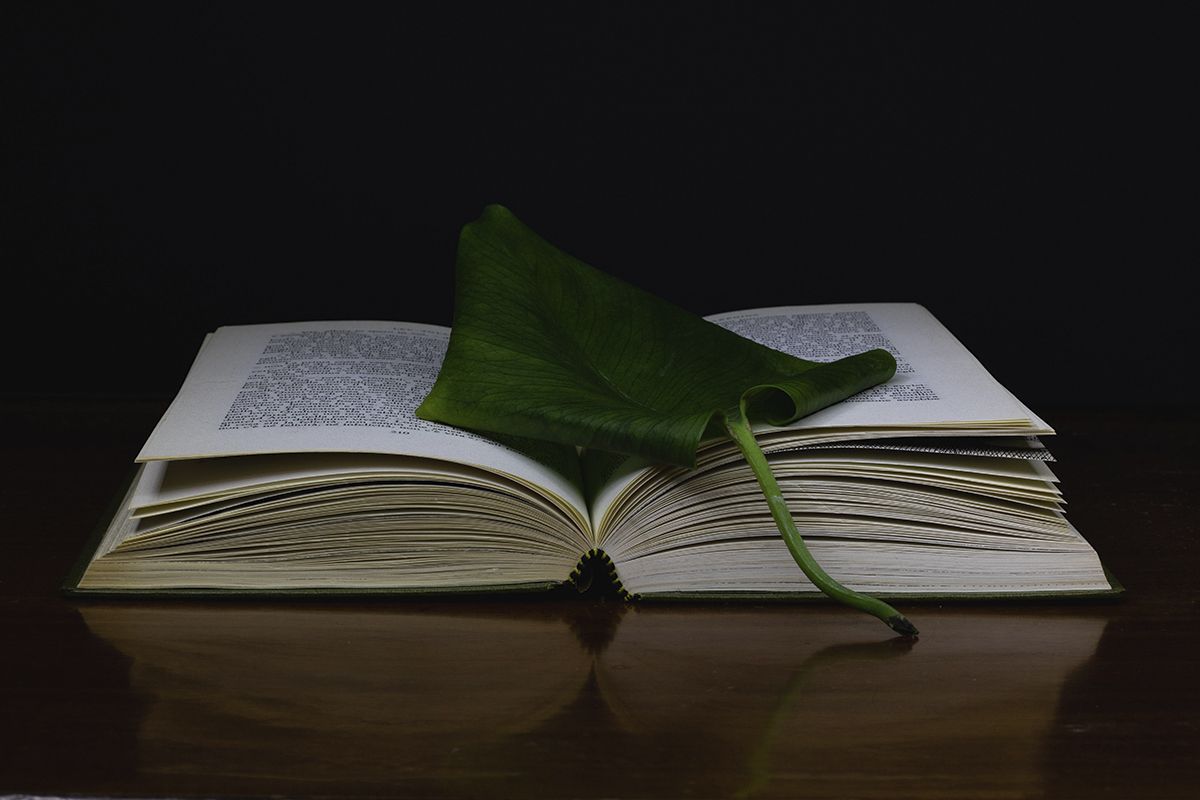They fill up their stomachs only with the forest products and cover their bodies with the leaves of the plants. There are 13 primitive tribes in Orissa. They live and sleep on the branches of the tree like monkeys. They understand nothing.” These derogatory racist remarks were made in a public forum by Achyuta Samanta, founder of Kalinga Institute of Social Sciences (KISS), current member of the lower house of the Indian parliament and ex-parliamentary standing committee member on coal and steel. Referring to Adivasi children being schooled at KISS, he says that the institution has been transforming liabilities into assets, and tax consumers into tax payers. The underlying message is clear: KISS intends to civilise the uncivilised.
Others, like frontline Adivasi activists and academics, see this as cultural genocide.
KISS claims it is the world’s largest ‘anthropological laboratory’. Its boarding school in Bhubaneswar is exclusively for Adivasi children – 30,000 girls and boys from Adivasi communities in Odisha and other states. KISS is a ‘factory school’ funded by several extractive corporations, including Adani, Tata, Vedanta, Nalco and NMDC, which are exploiting Adivasi land and its mineral resources for profit. Adivasis have a symbiotic relationship with Nature. Their culture, language and worldviews are completely embedded in their territory and resources. Activists believe factory schools like KISS act as a medium to promote cultural apartheid – a policy design similar to the ‘stolen generation’ model of boarding schools for Indigenous children, now acknowledged as a national crime and cultural genocide by countries such as Canada, Australia and Norway.
With several government-run day schools being closed, KISS entices parents into sending their children to its boarding school. This happens through recruitment agents throughout Odisha and beyond, including political brokers, principals of local schools and even police officials. These persuade parents to send their children to KISS for a free education, with extravagant promises. Children at the school are allowed home only once a year.
Damru, a Kondh ex-student, recollects an incident showing what KISS thinks of Adivasi people and culture: “At KISS we have to stand in a queue, push and pull to get food. Once, I was standing near the gate, and some parents had come to visit their children, bringing with them kusum fruits (which most Adivasi village children grow up eating). Officials at the gate checking the bags threw these fruits away, saying they are poisonous and not good for health. Can you imagine a parent giving her child a poisonous fruit? We also use the fruit to make our own oil. They don’t understand anything Adivasi and yet call themselves an Adivasi school.”
Pandu, a Gond ex-student of KISS, describes his horrible ordeal there: “Since they think we are cheap people they use cheap things for us – cheap food, supplies, everything. We belong to poor families, that is true, but the food we eat in our homes is far better and more nutritious than they provide at KISS.”
The KISS education model stigmatises children’s Adivasi identities. Children have to speak and read in Odia rather than their mother tongues. The school does not allow children to celebrate any Adivasi festivals, but indoctrinates them into celebrating mainstream Hindu festivals such as Saraswati, Ganesh and Vishwakarma Puja. Mako, another ex-student, says: “KISS delinks Adivasi children from their spiritual identities and our connections to land, forests and spirits.”
KISS has invested heavily in manufacturing an artificial image, portraying its founder as a messiah of hope. The proposal for the 2023 World Congress of Anthropology to be hosted by KISS feeds on this. Understanding the ground realities, Adivasi leaders, academics, activists and international Indigenous rights organisations such as Survival International call on the International Union of Anthropological and Ethnological Sciences, the Indian Anthropological Association and the World Anthropological Union to sever ties with KISS.
I would say that the cultural annihilation faced by Adivasi children in factory schools like KISS is every bit as harmful as the land alienation we have faced since Independence. Frankly speaking, if we lose our land, we still have some chance of purchasing a small patch of land to build a home after earning some money, but once we lose our identity, culture, languages and traditions, we lose them forever.
I have observed many such instances. Among Adivasis illegally dispossessed of their lands, a few have survived by purchasing a small plot. But the city-dwelling Adivasis, who have lost their traditional values, identity and culture, are struggling to regain them. Factory schools like KISS are playing a crucial role in advancing Adivasis’ cultural annihilation. This process must be stopped immediately in order to safeguard our identities, which are inextricably linked to our land, languages and cosmological worldviews.
You can support Survival International’s campaign Help Stop #FactorySchools in India here:
www.survivalinternational.org/factoryschools
Gladson Dungdung is an Adivasi activist, researcher and writer.








